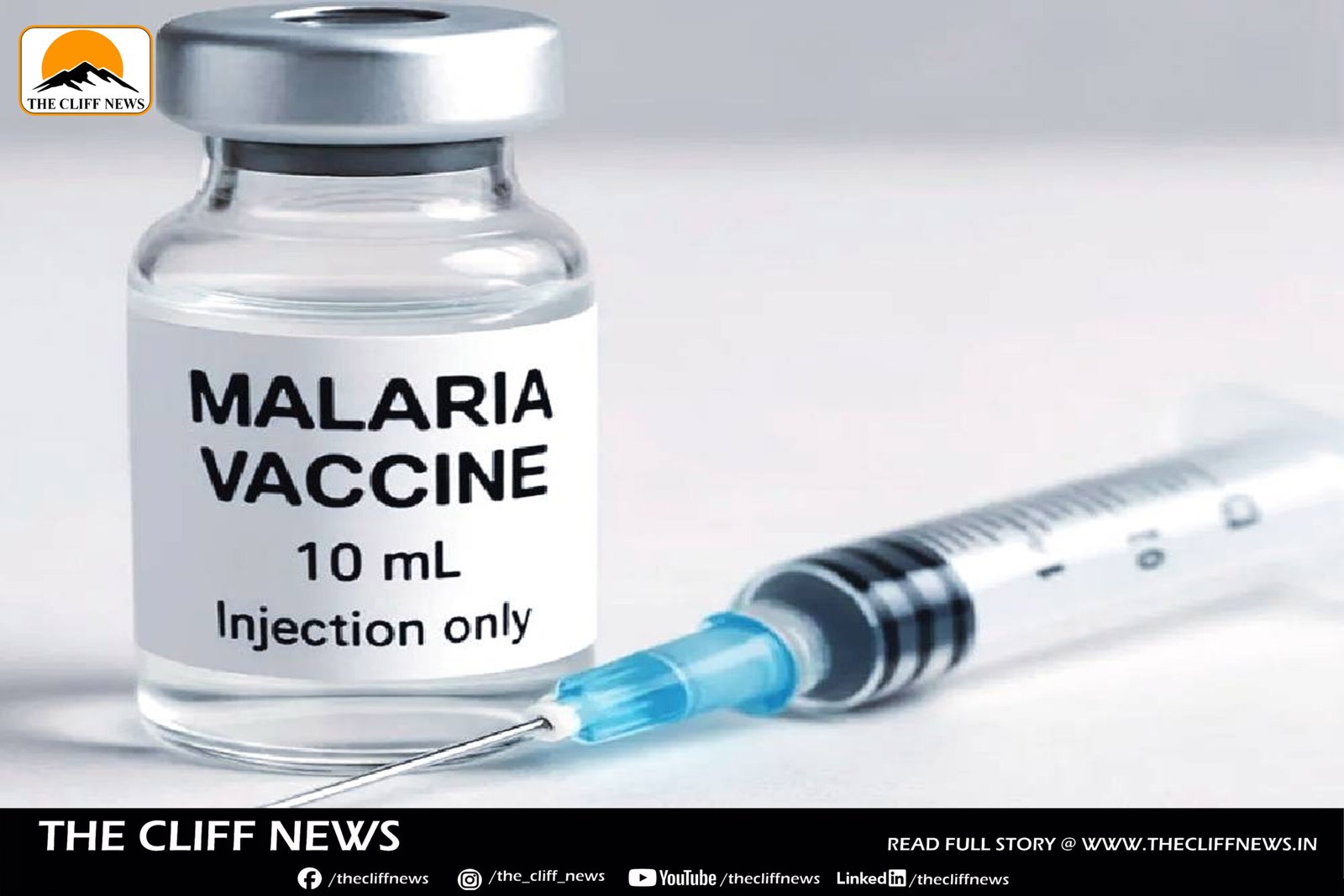India has taken a major step in the global fight against malaria, licensing five domestic pharmaceutical companies to manufacture and commercialise its first indigenous multi-stage malaria vaccine.
Indian Immunologicals Limited, Techinvention Lifecare Private Limited, Panacea Biotec Limited, Biological E Limited, and Zydus Lifesciences have been authorised to produce the vaccine, developed by the Indian Council of Medical Research (ICMR) and its partners.
Named AdFalciVax, the vaccine is designed to target Plasmodium falciparum — the deadliest malaria parasite — before it enters the bloodstream, thereby preventing infection and blocking community transmission. According to ICMR, the vaccine is affordable, scalable, and remains effective for over nine months at room temperature, making it well-suited for deployment in resource-limited and remote regions.
ICMR had earlier invited Expressions of Interest (EoI) from eligible organisations to undertake technology transfer and accelerate commercialisation.
“ICMR-Regional Medical Research Centre, Bhubaneswar (ICMR-RMRCBB) is one of the four institutes that led the development of the technology and holds technical know-how of producing this recombinant chimeric multi-stage malaria vaccine in Lactococcus lactis. Pre-clinical validation was carried out in collaboration with ICMR-National Institute of Malaria Research (ICMR-NIMR) and the National Institute of Immunology (NII), New Delhi,” the Council said in a statement.
Malaria Burden in India
Malaria continues to pose a significant public health challenge in India. The country accounts for 1.4% of global malaria cases and 0.9% of global malaria deaths — which amounts to over half (52%) of malaria deaths outside sub-Saharan Africa. India also bears 66% of all malaria cases in the Southeast Asia region.
Domestically, around 95% of the population resides in malaria-endemic areas, with 80% of cases concentrated in difficult-to-access tribal, hilly, and remote regions.
The development and scaling of AdFalciVax mark a pivotal step towards India’s goal of malaria elimination and a potentially game-changing contribution to global malaria control efforts.



